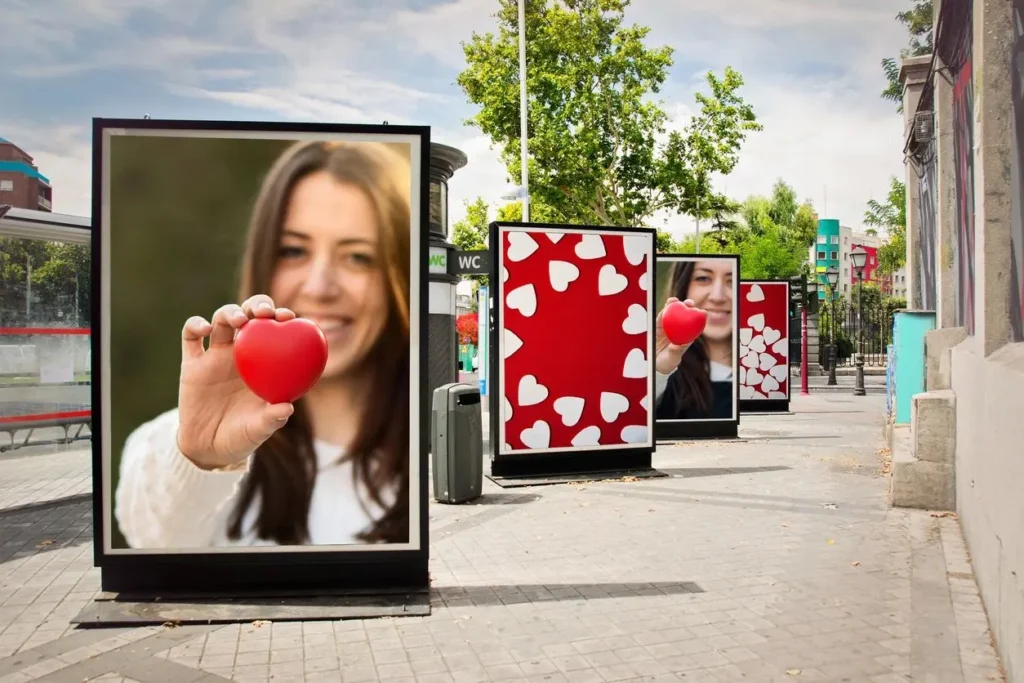In brand marketing, understanding the emotions that drive consumer behavior is akin to finding the Rosetta Stone of customer engagement. According to Barry Feig, a world-renowned marketing strategist, there are 16 different emotional connections a consumer might show a response to, each acting as a compass to navigate brand positioning.
Let’s explore these emotions and understand how they can influence brand strategies:
1. Desire to Belong
This emotion taps into our fundamental need for community and acceptance. Brands that create a sense of belonging can cultivate loyal communities and advocacy.
2. Power, Dominance, and Influence
Some consumers are driven by the desire to lead and influence. Brands that position themselves as authoritative can appeal to this desire for control and respect.
3. Family Values
Highlighting family values can resonate deeply with consumers for whom kinship and tradition are paramount.
4. Fun is its Own Reward
The simple joy of entertainment and pleasure is a powerful motivator. Brands that are associated with fun and light-heartedness can capture hearts effortlessly.
5. Reinventing Oneself
In a world that’s constantly changing, the ability to adapt and reinvent oneself is a desirable trait. Brands that embody transformation can inspire and attract consumers looking for change.
6. Excitement of Discovery
The thrill that comes with discovery is a potent force. Brands that can surprise and intrigue often keep consumers coming back for more.
7. Sex, Love, and Romance
The allure of intimacy and connection is universal. Brands that successfully weave this emotion into their narrative can form deep psychological bonds with their audience.
8. Self-Achievement
Aspirations and personal success are powerful motivators. Brands that inspire consumers to be their best selves can create a compelling proposition.
9. Nurturing Response
The instinct to care for others is deeply rooted. Brands that are compassionate and nurturing can elicit strong emotional responses.
10. Desire for Control
The need to feel in control of one’s environment is a key driver for many. Brands that offer autonomy and customization can satisfy this need.
11. I’m Better Than You
A sense of superiority or exclusivity can be attractive to some consumers. Brands that manage to cater to this emotion often position themselves as luxury or high-end.
12. Revaluing
The process of re-evaluating one’s life choices and values is significant. Brands that align with emerging values can remain relevant and persuasive.
13. Poverty of Time
Time is a scarce resource for many. Brands that offer convenience and efficiency can resonate with those feeling time-pressured.
14. Desire to Get the Best
The pursuit of quality and excellence is a strong motivator. Brands that are seen as the best in their class can command loyalty and a premium.
15. Make Me Smarter
There is a growing desire for self-improvement and knowledge. Brands that provide learning opportunities or intellectual stimulation have a keen audience.
16. Wish-Fulfillment
The dream of a better life or experiencing something out of the ordinary can be powerful. Brands that promise to fulfill dreams can captivate and enchant.
Each of these emotional strands, when woven into the fabric of a brand’s narrative, can elevate a product or service from being merely functional to becoming a meaningful part of a consumer’s life. A brand that can harness the complexity of human emotion and reflect it back through its messaging and experience doesn’t just sell; it connects, it resonates, and, most importantly, it endures.

